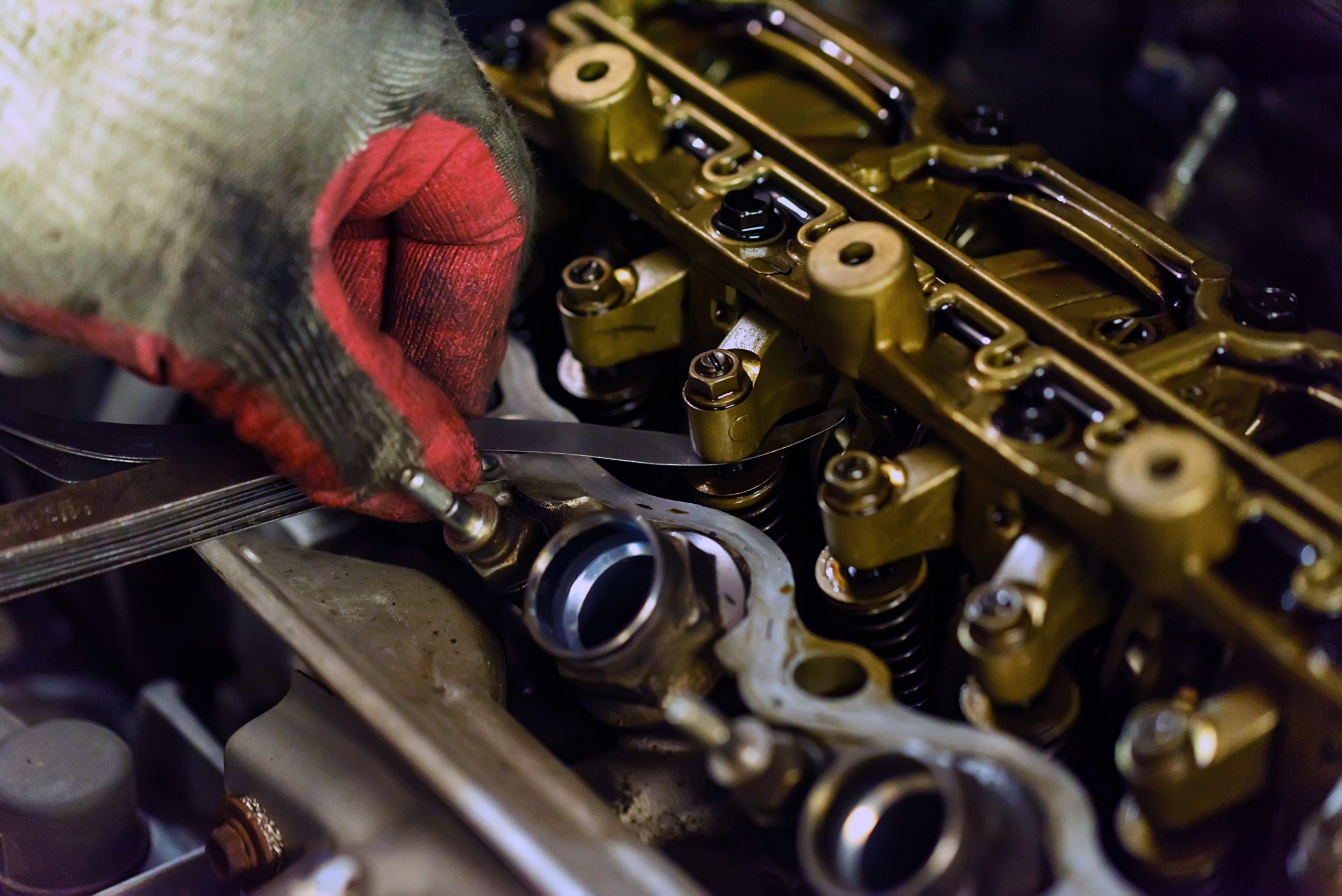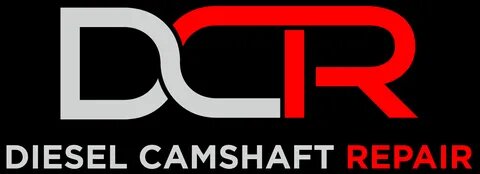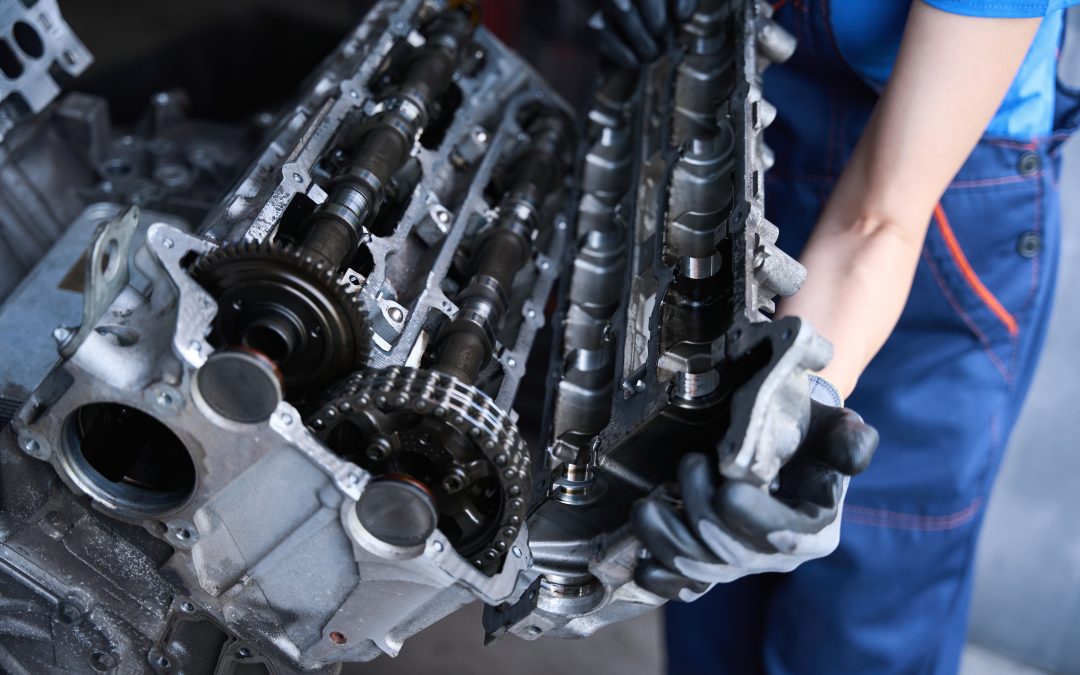Effective maintenance and care of diesel engine camshafts are fundamental to ensuring engine longevity and optimal performance.
Keeping an eye on the engine for early signs of trouble, like rough idling, and regularly checking the camshaft position sensor are crucial for preventing major camshaft problems. Following maintenance practices and professional inspections are essential to preserving the health and efficiency of diesel engine camshafts.
Lubrication is Key
Lubrication is very important for diesel engine camshafts. Using the correct oil made for diesel engines helps protect the camshafts and other parts. The oil’s thickness, or viscosity, should follow what the manufacturer says is best. Changing the oil regularly is needed because old oil doesn’t work as well, causing more friction and wear. Camshafts move a lot and are under stress, so they need good lubrication. Without it, camshafts can wear out, hurting engine performance and possibly causing damage.
Fuel Quality Matters
High-quality diesel fuel is very important for keeping your engine, including the camshafts, in good shape. Using good fuel helps the engine run smoothly and last longer. If the fuel is low quality, it can leave deposits in the engine. These deposits can build up over time on the camshafts. This buildup can cause the camshafts to wear out faster than they should. Early wear on the camshafts can lead to problems with the engine. It’s not just about wear; these deposits can also damage the engine. So, using high-quality diesel fuel is a simple way to take care of your engine and avoid these issues.
Regular Filter Replacement
Replacing the fuel and oil filters regularly is key for engine health. These filters catch dirt and particles that could harm the engine. If the filters get too dirty, they can’t do their job well. This means harmful stuff might get into the engine and onto the camshafts. Clean filters protect the camshafts by keeping out these contaminants. This helps the camshafts work better and last longer. It’s important to change these filters as often as the manufacturer recommends. Doing this simple maintenance can save you from bigger engine problems later.
Monitoring and Inspection
Watching how your engine runs and listening for strange sounds are good ways to spot camshaft problems early. If your engine starts to act differently, like losing power or running rough, it might be a camshaft issue. Unusual noises, like clicking or knocking from the engine, can also be a sign of trouble. Checking the camshafts visually on a regular basis is important too. Look for signs of wear, like scoring or pitting on the camshaft lobes. Also, check for any damage, like cracks or breaks in the camshaft. Catching these problems early can prevent bigger issues later on. Regular checks and paying attention to your engine’s sounds and behavior can help keep it running smoothly.
Sensor Maintenance
The camshaft position sensor is an important part of your engine. It helps control the timing of the engine’s valves. You should check this sensor from time to time to make sure it’s working right. If it’s not working, the engine might not run smoothly. The sensor tells the engine’s computer when to fire the spark plugs. If the sensor is faulty, your engine could lose power or have trouble starting. Checking the sensor is part of keeping your engine in good shape. A regular check-up of this sensor is a good idea to keep your engine running well.
Engine Warming
In cold weather, it’s especially important to warm up your diesel engine before driving. When you start your engine, let it idle for a few minutes first. This warm-up time helps the oil flow better throughout the engine. Good oil flow is important for protecting camshaft parts. Cold weather can make oil thicker, which makes it harder to lubricate the engine right away. Letting the engine warm up reduces the stress and wear on the camshafts. This is because the camshafts work better when they’re properly lubricated. A simple warm-up in cold weather can really help keep your engine and its camshafts in good condition.
Utilizing Additives


